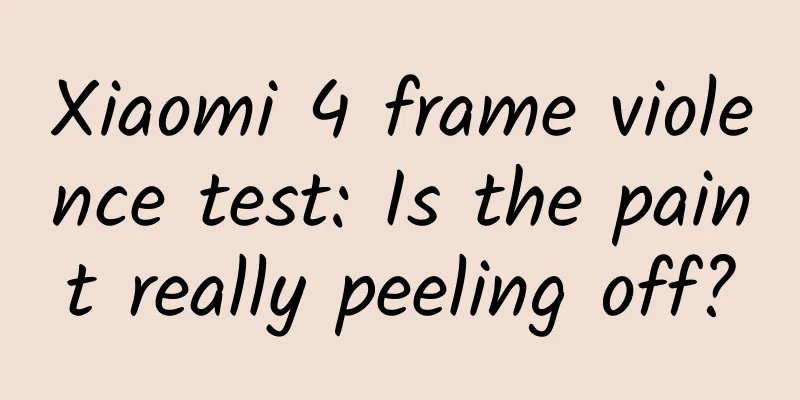After 5 years of development, Google quietly pushes the official version of Fuchsia OS: no longer based on Linux

|
Five years after its launch, Google's self-developed Fuchsia OS operating system has finally landed. Google has confirmed that starting today, users of the first-generation Nest Hub smart display will receive system update reminders. After the upgrade, the system will migrate from the previous Linux-based Cast OS to Fuchsia OS. However, under the new system, the functions and interface experience of Nest Hub are the same as before. This is mainly due to the fact that Nest Hub was previously developed based on Flutter, which also supports Fuchsia OS.
Of course, just as the early interface of Hongmeng is almost the same as EMUI, with the continuous iterations in the future, Fuchsia OS will have more and more independent, personalized UI, interaction logic, etc. Google has taken a firm step to abandon Linux. According to the information, Fuchsia OS is an operating system developed by Google based on the Zircon microkernel (not Linux). The kernel is written in C language and supports both arm64 and x86-64 processor architectures. It can be used in mobile phones, computers, smart watches, car entertainment systems and other embedded devices. |
<<: After interviewing dozens of designers, I summarized 12 common problems
Recommend
Starting with a popular camera, what other steps does Faceu plan to take if it wants to become a social networking app for acquaintances?
"Lianmeng is more like a game, you don't...
How to use Tik Tok to promote and disseminate short video advertisements?
Any place with traffic is a suitable advertising ...
Samsung Note 4: An innovation in high-end Android phones? A trap!
I recently heard a point of view that the space f...
How far is it from actual combat to use unmanned equipment to improve logistical material support?
There is no doubt that the status and role of unm...
Don't rub chopsticks back and forth when washing them? I was stunned when I saw this trending search...
Author: Gongzi Xin Recently, #Don't rub chops...
Price cuts pay off: Volkswagen Phideon to launch 330TSI model, lowers price range
As the successor to Volkswagen's flagship sed...
I love you, China!
Sunrise in the East Knock on the Sky File photo: ...
Have you ever taken a high-speed train with a four-digit number starting with 4 or 9?
During the Spring Festival travel rush, we often ...
14 famous brands of oyster sauce, you will know which one to choose after reading this!
A delicious life is inseparable from seasonings. ...
Does SEO require programming? Can I transfer to the programming department?
Does SEO require programming? Can I transfer to t...
Can take a picture of the sun sneezing! The world's largest radio telescope with a comprehensive aperture, Thousand Eyes Dzi, begins scientific trial observation
On July 14, the circular array solar radio imagin...
The protagonist of this year's Spring Festival, the zodiac, may be a little misunderstood by us...
It's coming! It's coming! The Year of the...
I was deceived for 20 years! TV contrast is actually meaningless
Generally speaking, the contrast of a TV is a ver...
VR helps Mango TV's "Super Girl" technology makes the content more vivid
For the technology circle, VR can be regarded as ...
What are the recommended tea tasting places with the best cost performance in Changsha? What are the high-end takeaway tea places?
What are the recommended tea tasting places with t...









